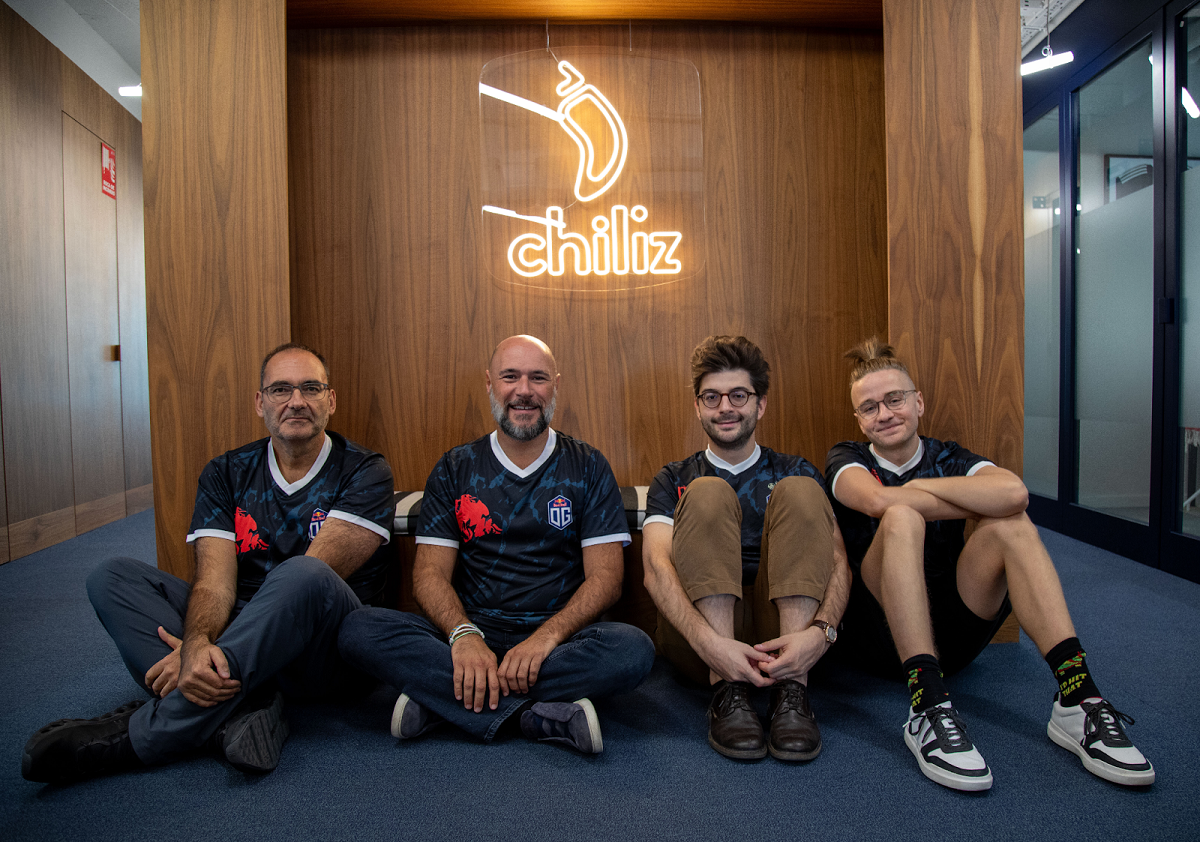Australia
200,000 Australian Children Exposed to Parental Gambling, Study Finds

Dr Aino Suomi, director of the Centre for Gambling Research at the Australian National University, has released a study about gambling behaviours that found almost 200,000 Australian children are exposed to moderate or serious levels of harmful gambling by a parent each year.
According to the study, 10% of Australian parents had engaged in some level of risky gambling in the past year. Suomi said that despite acknowledging the negative effects of gambling on children, there has been little research to quantify the magnitude of the problem in Australia.
Nearly 60,000 children face the highest levels of parental gambling problems, which can lead to significant harm. At the other end of the scale, nearly half a million children were exposed to lower-risk parental gambling, the study found.
“Problem gambling is a significant public health concern on its own, but the experience of gambling-related harm reaches much wider. Parental gambling is also associated with child welfare concerns – things like neglect, poor nutrition and family violence,” Suomi said.
“It’s clear we need to specifically consider and address child wellbeing in these families,” he added.
-

 Asia6 days ago
Asia6 days agoDigital gaming disruption tackled in 1st AsPac Regulators’ Forum
-

 Africa7 days ago
Africa7 days agoKiron announces the launch of its new virtual football title, Turbo League, with SportPesa in Kenya and Tanzania
-

 Aquisitions/Mergers7 days ago
Aquisitions/Mergers7 days agoNOVOMATIC successfully completes sale of ADMIRAL Austria to Tipico and focuses on international growth markets
-

 Compliance Updates7 days ago
Compliance Updates7 days agoSOFTSWISS Releases Gambling Regulation Directory for iGaming Operators
-

 Compliance Updates7 days ago
Compliance Updates7 days agoAlternative Dispute Resolution (ADR) Role and Certification
-

 Asia7 days ago
Asia7 days agoiRace Media extends partnership with The Hong Kong Jockey Club in Asia
-

 Central Europe7 days ago
Central Europe7 days agoSYNOT Games Delivers Bespoke Games Exclusively for SazkaHry.sk in the Slovak Market
-

 Latest News7 days ago
Latest News7 days agoIs Horse Racing Betting Still Popular In Europe?
























